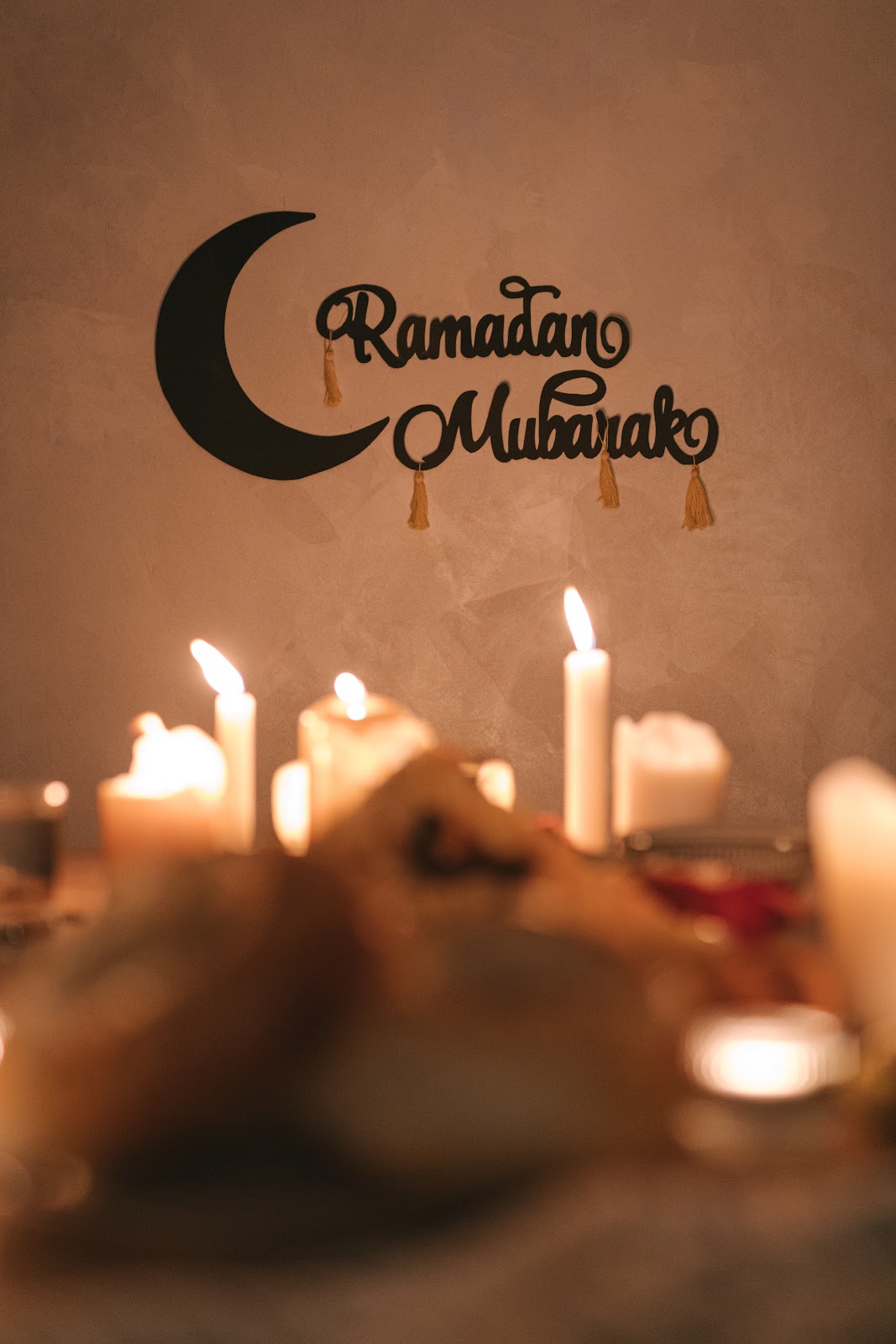Featured
- Get link
- X
- Other Apps
Ramadan: A Month of Spiritual Growth and Renewal.
Ramadan is a holy month in the Islamic calendar, during which Muslims around the world fast from dawn to sunset. It is a time of spiritual reflection, prayer, and community. In this blog post, we will explore the significance of Ramadan and the practices associated with it.
The month of Ramadan is the ninth month of the Islamic calendar, and it is believed to be the month in which the Quran was first revealed to the Prophet Muhammad. It is a time of spiritual growth and renewal, as Muslims seek to deepen their relationship with God through acts of devotion and self-discipline.
Fasting is one of the most important practices of Ramadan. From dawn to sunset, Muslims abstain from food, drink, and other physical needs, as a way to demonstrate their devotion to God and to develop self-discipline. Fasting is also a way to empathize with those who are less fortunate, as it reminds us of the hunger and thirst experienced by many around the world.
In addition to fasting, Muslims engage in extra prayers and spiritual activities during Ramadan. This includes reading the Quran, giving to charity, and spending time with family and friends. Many mosques also hold nightly prayers called Tarawih, in which the entire Quran is recited over the course of the month.
Ramadan is also a time for reflection and self-improvement. Muslims are encouraged to reflect on their behavior and seek forgiveness for their shortcomings. It is a time to strive for personal growth and to improve one's relationship with God and others.
The month of Ramadan culminates with the celebration of Eid al-Fitr, which marks the end of the fasting period. Muslims celebrate with family and friends, exchange gifts, and give to charity. It is a time of joy and celebration, as Muslims reflect on their spiritual growth during the month of Ramadan.
In conclusion, Ramadan is a significant month for Muslims around the world. Through fasting, prayer, and reflection, Muslims seek to deepen their relationship with God and to grow spiritually. It is a time for self-discipline, empathy, and personal growth, and it is an opportunity for Muslims to strengthen their ties with their community and with God.





Comments
Post a Comment